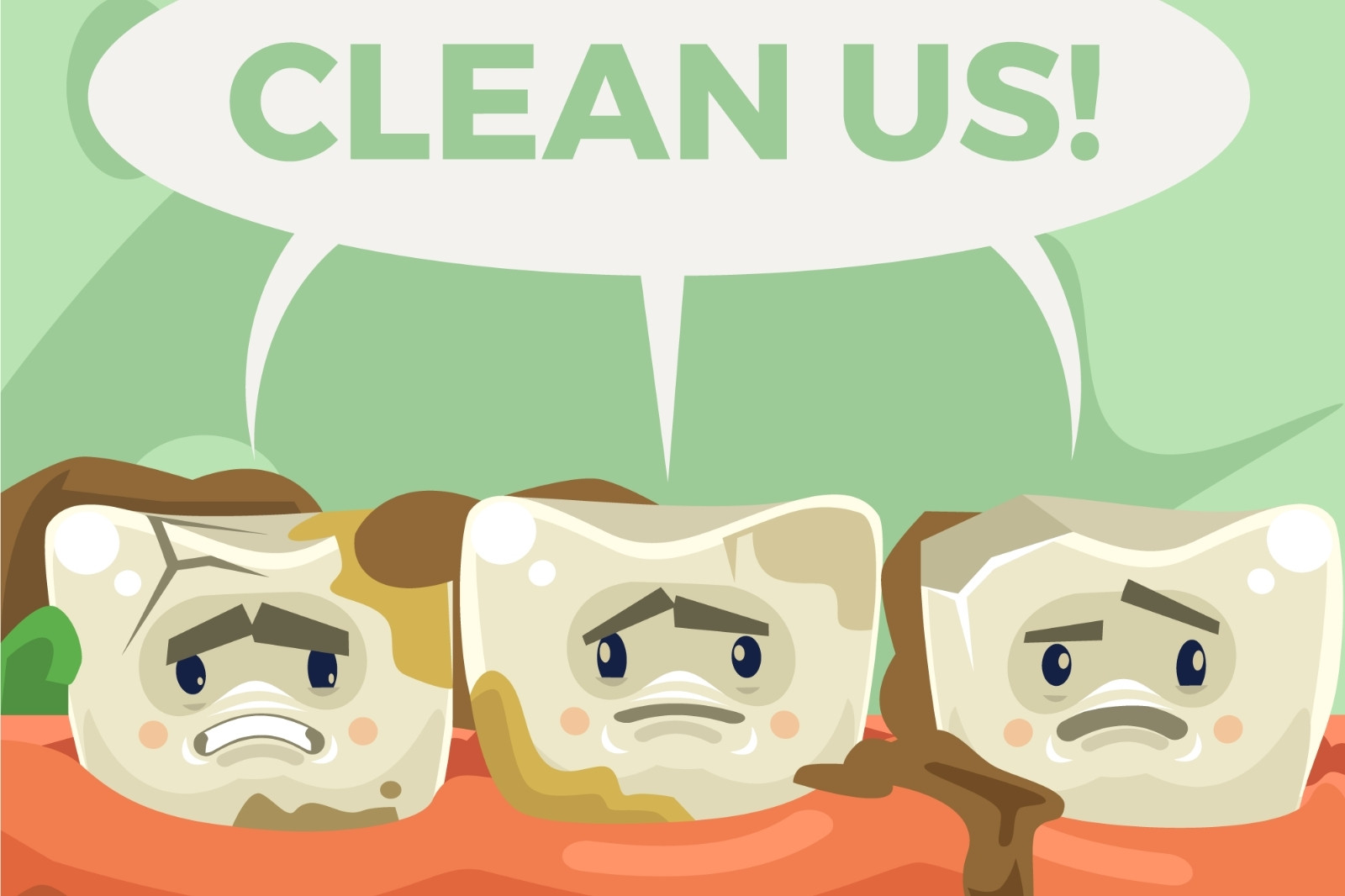Brushing your teeth is one of the easiest and most essential parts of good oral hygiene. It's a simple action that can have lasting effects on both your short-term and long-term dental health. Unfortunately, many people neglect their oral hygiene, which can lead to serious health problems in the future. This blog post will go over what you need to know about brushing your teeth, including how often you should brush them and how to follow good dental care practices for optimal oral health.
What Happens When You Don't Brush Your Teeth?
Did you know there are over 300 specific types of bacteria living in your mouth? When you don't brush your teeth, these microbes start eating food particles and the sugar in your mouth, which causes tooth decay. It would be best to brush your teeth twice a day for two minutes at a time. If you miss one time brushing your teeth or not drinking water during breakfast, the interactions between those two will likely create a bad taste in your mouths.
Not brushing your teeth is a sure-fire way to spread bacteria, which can lead not only to the development of diseases but also unpleasant odors. Sometimes it's hard to remember everything we need when our schedules get busy. One thing you may have missed in the hustle and bustle of life is brushing your teeth. You can delay risking bone loss around your teeth with this easy preventative measure.
If you find yourself ignoring routine hygiene habits like brushing or flossing by forgetfulness, then there might be cause for alarm. That extended lapse could lead not only to lost collateral nutrients but also gum disease due to increased risk factors created by poor oral cleanliness, which causes plaque buildup.
Each day, your mouth gets exposed to various bacteria and viruses that can cause or worsen health problems in other parts of the body. Mouth-related dental issues aren't just about toothaches. They also extend beyond cavities and abscesses by affecting how you feel on an emotional level, as well as impacts moods through food preferences for sweet tastes due to digestion difficulties caused by inflamed gum tissue (gingivitis).
The Short- and Long-Term Consequences of Not Brushing Your Teeth
You know that maintaining good oral hygiene is an essential part of having good health, but what many people don't fully comprehend are the consequences if they aren’t careful. Below is a list of the short and long-term consequences of not brushing your teeth.
Short-Term Consequences
Bad Breath
Bad breath is a foul odor that emanates from your mouth. Often times bad breath is a common sign of a bigger dental issue going on in your mouth.
Body Odor
Not brushing your teeth can cause a sudden change in the way your body smells. This can affect those around you as well.
Gastroenteritis
Gastroenteritis is irritation and inflammation in your stomach and intestines. Some symptoms are diarrhea, vomiting, and nausea.
Dental plaque
Dental plaque is microorganisms that grow on surfaces in your mouth. Plaque can lead to more serious issues such as cavities and gum disease.
Long Term Consequences
- Increased risk of stroke, dementia, heart disease, pregnancy complications, diabetes, respiratory diseases, Alzheimer’s disease, and pneumonia.
- Extreme risk of severe oral infection and inflammation.
- Psychological and social difficulties because of bad personal appearance and hygiene.
- Tooth loss, tooth decay, gum disease, and cavities.
- The immune system being depressed can invite other types of diseases that impact your overall health.
It's essential to have good oral hygiene. The mouth is the gateway to your body, and it houses millions of bacteria that can lead to diseases, infections, tooth decay, and bad breath. A mouth full of cavities or gum disease can be a pain. It would be best if you took the time to care for your teeth and gums to make you feel better about yourself. Visit us at the Upper Hunt Club Dental Centre in Ottawa for a dental check-up and dental cleaning. During your appointment, your dentist will discuss the status of your oral health and ways you can improve it. Contact us now to schedule your appointment.













